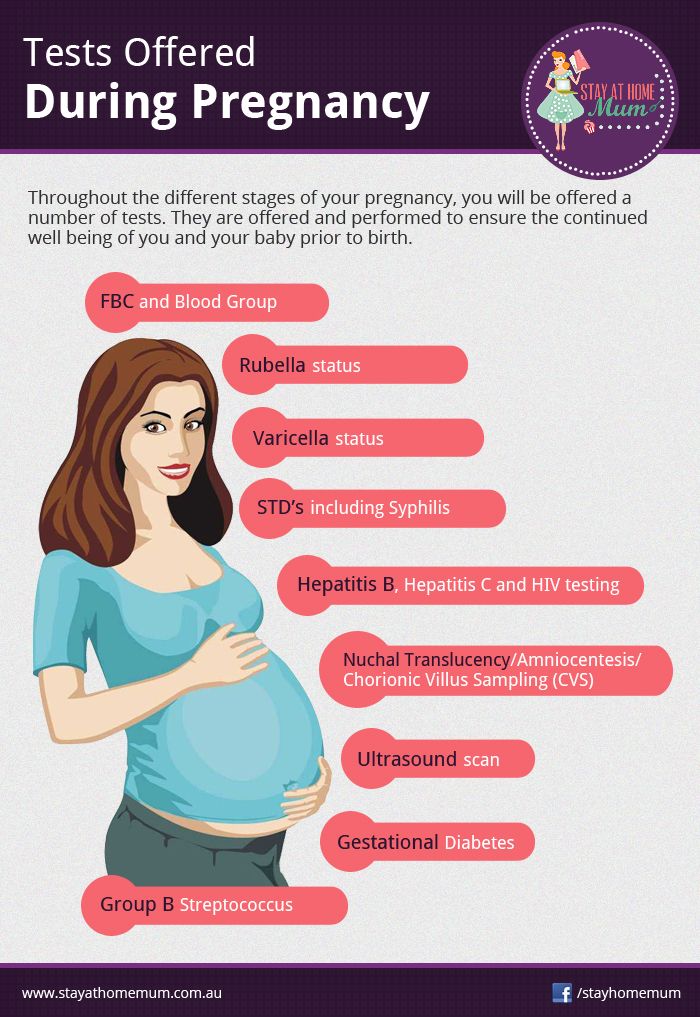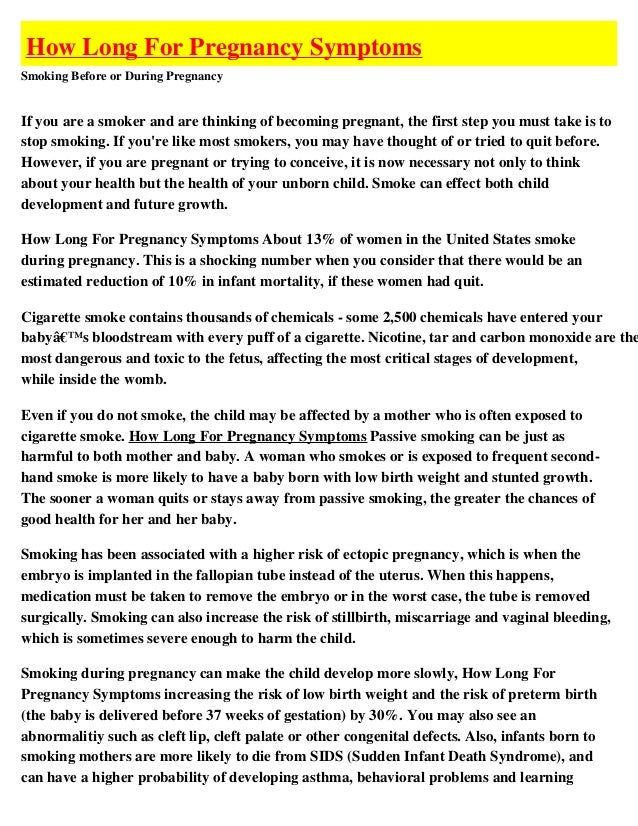Heartburn during night pregnancy
Heartburn and indigestion (pregnancy sleep)
In this article
- What can cause heartburn at night?
- What are the symptoms of heartburn and indigestion?
- How can I avoid getting heartburn and indigestion at night?
- Is heartburn ever a sign of something more serious?
If your sleep is being disturbed by an uncomfortable burning sensation in your chest, you're not alone. Up to eight out of 10 mums-to-be experience heartburn and indigestion during pregnancy, particularly in the second and third trimesters. As well as the physical discomfort, it can be pretty annoying if you're trying to get to sleep. Try cutting down on fatty foods, eat small meals more often and don't eat too close to bedtime. Read on for more tips on relieving your symptoms.
What can cause heartburn at night?
Heartburn happens when your natural stomach acid comes up towards your throat. During pregnancy, your growing womb presses on your stomach, pushing the acid upwards. At the same time, pregnancy hormones relax the valve that normally keeps the acid in your stomach, so more of it can get through.
You may find that your indigestion and heartburn symptoms get worse when you're bending forwards, or when you're lying down at night. In these positions, it's easier for acid to make its way upwards.
What are the symptoms of heartburn and indigestion?
When heartburn strikes, you may feel a burning sensation in your chest or stomach. Symptoms of indigestion include burping, bloating and feeling generally uncomfortable. Unfortunately, digestion problems can also make pregnancy sickness worse.
The good news is that heartburn and indigestion are likely to go away once your baby is born.
Heartburn in pregnancy
Heartburn can be uncomfortable, but there are plenty of things you can try to relieve your symptoms. More pregnancy videos
More pregnancy videos
How can I avoid getting heartburn and indigestion at night?
There's no certain way to avoid getting heartburn or indigestion. But you can make simple lifestyle changes to lower your chances of being disturbed by them at night.
Your first step could be to cut down on foods that are known to trigger digestive problems. These include:
- rich, fatty or spicy foods
- tomato-based foods
- tea, coffee and other caffeinated drinks
- fruit juice
- fizzy drinks
- chocolate
- alcohol
Try keeping a food diary to see which foods are more likely to trigger heartburn.
If you smoke, stop. Smoking is dangerous for your health and the health of your growing baby, and among many side-effects, it also makes heartburn worse.
Here are some more practical tips to help you avoid pregnancy heartburn and indigestion:
- Instead of having three large meals, try eating smaller meals more often – about every three hours.

- Don't eat close to bedtime. Give yourself at least three hours to digest food before you lie down.
- Sit up as straight as you can while you’re eating. This helps to take the pressure off your stomach.
- Prop your head and shoulders up in bed using pillows, to stop stomach acid coming up while you sleep. Or raise the head of your bed using bricks, books or other sturdy objects. Most studies suggest that the ideal height of bed head elevation (the angle of the head of the bed) is between 15cm and 20cm (6in and 8in). This way, you’ll still be able to sleep on your side, but gravity might give you a little relief from your symptoms.
If you’re interested in complementary therapies, you could try acupuncture. There's very little evidence that it helps to relieve heartburn and indigestion in pregnancy, but some women say it helps them to sleep. Just make sure you find a qualified practitioner with experience of treating pregnant women.:strip_icc():format(jpeg)/kly-media-production/medias/2785562/original/028627600_1556001360-shutterstock_1019963743.jpg)
If you've tried everything you can think of, and you’re still suffering, seek medical advice. Ask your midwife or pharmacist about an over-the-counter antacid or alginate that's safe to use during pregnancy. If these don't help, your GP may be able to prescribe you a different type of medicine to tackle your symptoms.
Is heartburn ever a sign of something more serious?
In most cases, heartburn is a perfectly normal symptom of pregnancy that should go away after your baby is born. So it shouldn’t be anything to worry about.
However, heartburn, when accompanied by other symptoms, can sometimes be a sign of a potentially serious condition called pre-eclampsia.
Talk to your midwife immediately if your heartburn doesn’t go away with antacids and is accompanied by other symptoms, such as:
- a bad headache
- vision problems such as blurring or flashing
- pain below the ribs
- feeling sick or vomiting
- feeling very unwell
- sudden swelling of the face, hands or feet
You may also like:
- Learn what to do when nausea strikes at night
- See our top tips for getting more sleep in pregnancy during your first trimester, second trimester and third trimester
- Get tips on easing constipation in pregnancy
- Check out pregnancy symptoms not to ignore
References
Knott L.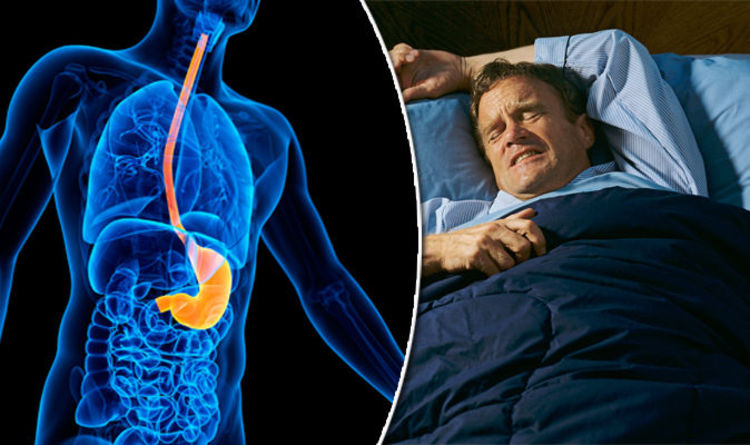 2020. Acid reflux and oesophagitis. Patient, Health Information. patient.info [Accessed March 2021]
2020. Acid reflux and oesophagitis. Patient, Health Information. patient.info [Accessed March 2021]
Murray I, Hendley J. 2020. Change and adaptation in pregnancy. In: Marshall J, Raynor M. eds. Myles textbook for midwives. 17th ed. Elsevier, 197-245 [Accessed March 2021]
NHS 2018. Pre-eclampsia. NHS Choices, Health A-Z. www.nhs.uk [Accessed March 2021]
NHS. 2020. Indigestion and heartburn in pregnancy. NHS Choices, Health A-Z. www.nhs.uk [Accessed March 2021]
NICE. 2017. Dyspepsia – pregnancy-associated. National Institute for Health and Care Excellence, Clinical Knowledge Summaries. cks.nice.org.uk [Accessed March 2021]
OPA. Nd. How to relieve acid reflux with a raised bed. Oesophageal Patients Association. opa.org.uk [Accessed May 2021]
Park J, Sohn Y, White AR et al. 2014. The safety of acupuncture during pregnancy: a systematic review. Acupunct Med 32(3): 257-66. www.ncbi.nlm.nih.gov [Accessed March 2021]
Phupong V, Hanprasertpong T. 2015. Interventions for heartburn in pregnancy. Cochrane Database Syst Rev 9: CD011379. onlinelibrary.wiley.com [Accessed March 2021]
2015. Interventions for heartburn in pregnancy. Cochrane Database Syst Rev 9: CD011379. onlinelibrary.wiley.com [Accessed March 2021]
Wilson S, Anderson K, Baldwin D, et al. 2019. British Association for Psychopharmacology consensus statement on evidence-based treatment of insomnia, parasomnias and circadian rhythm disorders: An update. J Psychopharmacol 33(8): 923-947. www.bap.org.uk [Accessed March 2021]
Show references Hide references
Indigestion and heartburn in pregnancy
Indigestion, also called heartburn or acid reflux, is common in pregnancy. It can be caused by hormonal changes and the growing baby pressing against your stomach.
You can help ease indigestion and heartburn by making changes to your diet and lifestyle, and there are medicines that are safe to take in pregnancy.
Symptoms of indigestion and heartburn
Symptoms of indigestion and heartburn include:
- a burning sensation or pain in the chest
- feeling full, heavy or bloated
- burping or belching
- feeling or being sick
- bringing up food
Symptoms usually come on soon after eating or drinking, but there can sometimes be a delay between eating and developing indigestion.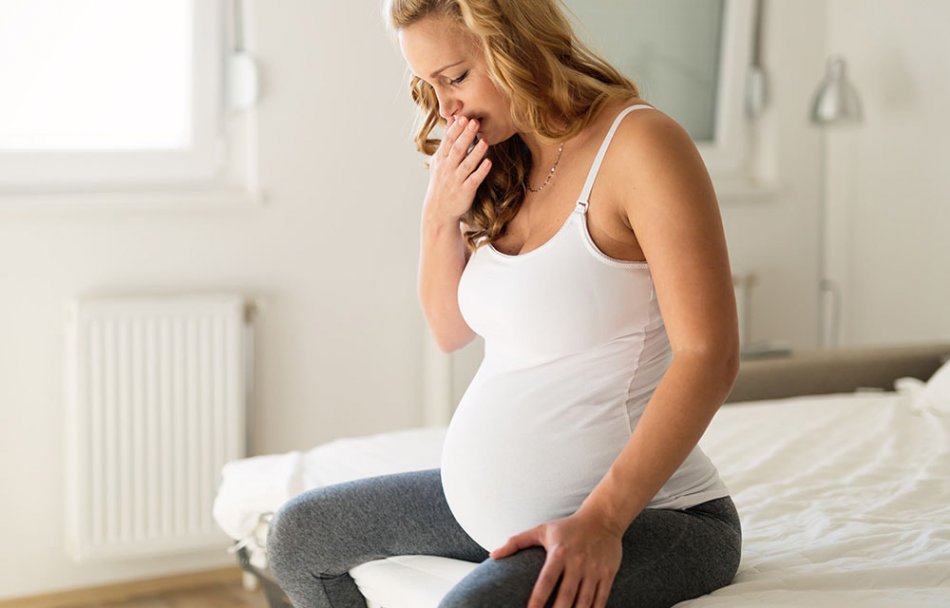
You can get symptoms at any point during your pregnancy, but they are more common from 27 weeks onwards.
Things you can do to help with indigestion and heartburn
Changes to your diet and lifestyle may be enough to control your symptoms, particularly if they are mild.
Eat healthily
You're more likely to get indigestion if you're very full.
If you're pregnant, it may be tempting to eat more than you would normally, but this may not be good for you or your baby.
Find out more about a healthy diet in pregnancy and foods to avoid.
Change your eating and drinking habits
You may be able to control your indigestion with changes to your eating habits.
It can help to eat small meals often, rather than larger meals 3 times a day, and to not eat within 3 hours of going to bed at night.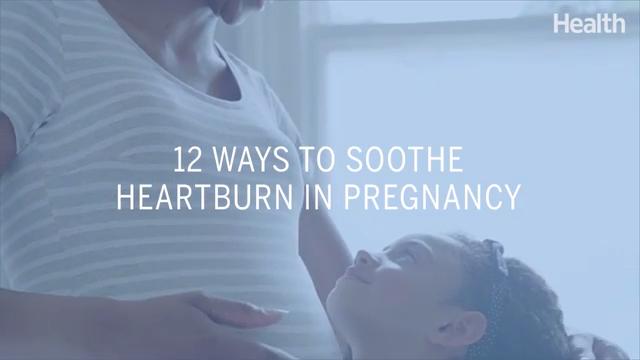
Cutting down on drinks containing caffeine, and foods that are rich, spicy or fatty, can also ease symptoms.
Keep upright
Sit up straight when you eat. This will take the pressure off your stomach. Propping your head and shoulders up when you go to bed can stop stomach acid coming up while you sleep.
Stop smoking
Smoking when pregnant can cause indigestion, and can seriously affect the health of you and your unborn baby.
When you smoke, the chemicals you inhale can contribute to your indigestion. These chemicals can cause the ring of muscle at the lower end of your gullet to relax, which allows stomach acid to come back up more easily. This is known as acid reflux.
Smoking also increases the risk of:
- your baby being born prematurely (before week 37 of your pregnancy)
- your baby being born with a low birthweight
- sudden infant death syndrome (SIDS), or "cot death"
There's lots of help available to stop smoking.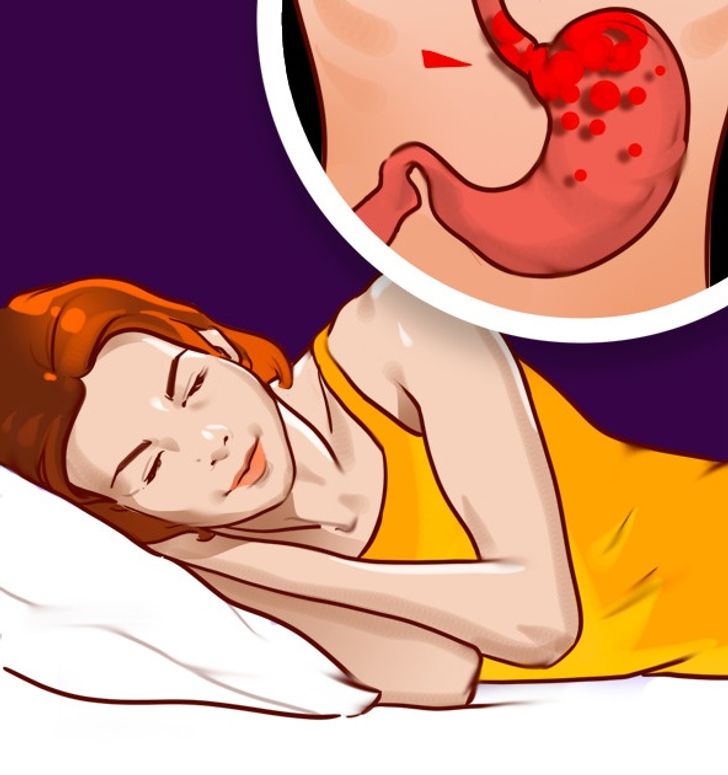 Talk to your midwife or call the NHS Smokefree helpline on 0300 123 1044. Find out more about stopping smoking in pregnancy.
Talk to your midwife or call the NHS Smokefree helpline on 0300 123 1044. Find out more about stopping smoking in pregnancy.
Avoid alcohol
Drinking alcohol can cause indigestion. During pregnancy, it can also lead to long-term harm to the baby. It's safest to not drink alcohol at all in pregnancy.
Find out more about alcohol and pregnancy
When to get medical help
See your midwife or GP if you need help managing your symptoms or if changes to your diet and lifestyle do not work. They may recommend medicine to ease your symptoms.
You should also see your midwife or GP if you have any of the following:
- difficulty eating or keeping food down
- weight loss
- stomach pains
Your midwife or GP may ask about your symptoms and examine you by pressing gently on different areas of your chest and stomach to see whether it's painful.
If you're taking prescription medicines
Speak to your GP if you're taking medicine for another condition, such as antidepressants, and you think it may be making your indigestion worse. They may be able to prescribe an alternative medicine.
Never stop taking a prescribed medicine unless you're advised to do so by your GP or another qualified healthcare professional who's responsible for your care.
Medicines for indigestion and heartburn
Medicines for indigestion and heartburn during pregnancy include:
- antacids – to neutralise the acid in your stomach (some are available over the counter from a pharmacist)
- alginates – to relieve indigestion caused by acid reflux by stopping the acid in your stomach coming back up your gullet
You may only need to take antacids and alginates when you start getting symptoms. However, your GP may recommend taking them before symptoms come on – for example, before a meal or before bed.
However, your GP may recommend taking them before symptoms come on – for example, before a meal or before bed.
If you're taking iron supplements as well as antacids, do not take them at the same time. Antacids can stop iron from being absorbed by your body.
If antacids and alginates do not improve your symptoms, your GP may prescribe a medicine to reduce the amount of acid in your stomach. 2 that are widely used in pregnancy and not known to be harmful to an unborn baby are:
- ranitidine – a tablet you take twice a day
- omeprazole – a tablet you take once a day
Causes of indigestion in pregnancy
Symptoms of indigestion come when the acid in your stomach irritates your stomach lining or your gullet. This causes pain and a burning feeling.
When you're pregnant, you're more likely to have indigestion because of:
- hormonal changes
- the growing baby pressing on your stomach
- the muscles between your stomach and gullet relaxing, allowing stomach acid to come back up
You may be more likely to get indigestion in pregnancy if:
- you had indigestion before you were pregnant
- you've been pregnant before
- you're in the later stages of pregnancy
Video: Eating well on a budget
In this video, a dietitian gives advice on how to eat healthily on a budget.
Media last reviewed: 13 January 2021
Media review due: 13 January 2024
early and late causes
Table of contents:
- Symptoms of heartburn
- Why heartburn occurs during pregnancy /a>
- How to deal with heartburn during pregnancy
- What drugs help with heartburn
Body changes during pregnancy can cause heartburn - early or third trimester
Symptoms of heartburn
heaviness is felt - this is heartburn. It can also cause nausea, discomfort in the throat, difficulty swallowing. Similar troubles happen if you sharply bend and unbend or just lie down after dinner.
Why heartburn occurs during pregnancy
Heartburn occurs when the acidic contents of the stomach (in medicine it is called reflux) enters the esophagus and its mucous membrane is irritated, in fact, it receives a chemical burn. This happens in healthy people, but it is especially difficult for pregnant women: after all, the high content of the hormone progesterone, which relaxes the muscles of the uterus so that it does not begin to contract and cause premature birth, also affects other smooth muscles, including the sphincter, whose main the task is just to separate the stomach from the esophagus, and on the walls of the stomach, which in a normal situation are supposed to contract intensively, returning the refluxate back to the stomach 1. 2 . In addition, the esophagus is already irritated by frequent vomiting caused by toxicosis in the early stages of pregnancy . Yes, and the growth of the uterus affects the surrounding organs, including the stomach and esophagus: gradually it becomes tighter and tighter, it is not for nothing that the symptoms of heartburn begin to appear, as a rule, in the third trimester, when the fetus is fully formed and has grown to about 25 cm.
2 . In addition, the esophagus is already irritated by frequent vomiting caused by toxicosis in the early stages of pregnancy . Yes, and the growth of the uterus affects the surrounding organs, including the stomach and esophagus: gradually it becomes tighter and tighter, it is not for nothing that the symptoms of heartburn begin to appear, as a rule, in the third trimester, when the fetus is fully formed and has grown to about 25 cm.
How to deal with heartburn during pregnancy
There are a few simple first steps.
First of all, the doctor leading the pregnancy will surely be able to recommend the optimal diet - exclude fatty, spicy, sour, and preferably fried foods, as well as foods that are high in fiber (cabbage, radish, radish, peas, beans) , lentils, black bread, bran bread), sugary and highly carbonated drinks, chocolate, coffee and alcohol (if you did not do this at the very beginning of your pregnancy).
Secondly, you need to change your diet: eat a little, but often, 5-6 times a day. Sour-milk products, boiled and baked fish or lean meat, stewed vegetables (preferably in olive oil) and grated, baked fruits, dried fruit compotes are useful for heartburn. 4 hours before sleep. It is better to sleep on a high pillow or with the head of the bed raised, and if heartburn breaks out in the middle of the night, get up and walk around a bit. In an upright position, it is easier for refluxate to return to its proper place.
Sour-milk products, boiled and baked fish or lean meat, stewed vegetables (preferably in olive oil) and grated, baked fruits, dried fruit compotes are useful for heartburn. 4 hours before sleep. It is better to sleep on a high pillow or with the head of the bed raised, and if heartburn breaks out in the middle of the night, get up and walk around a bit. In an upright position, it is easier for refluxate to return to its proper place.
By the way, this is why it is better to keep your posture during pregnancy: the straighter the back, the less pressure on the stomach and esophagus. For the same reason, it is better to avoid tight clothing: the abdominal organs already have a hard time, you should not put pressure on them from the outside.
In any case, the doctor conducting the pregnancy should be aware of all changes in well-being. It is he who will help you choose medications that will save you during attacks and reduce them to a minimum. You may also need to consult a specialist gastroenterologist. But it will be possible to finally cope with heartburn during pregnancy, most likely, only after childbirth.
But it will be possible to finally cope with heartburn during pregnancy, most likely, only after childbirth.
What drugs help with heartburn
Heartburn during pregnancy - symptoms, causes and methods of treatment of the disease
Contents
- Causes of heartburn during pregnancy
- What to do for heartburn during pregnancy?
- Preparations for heartburn during pregnancy
Heartburn is an unpleasant feeling of burning or warmth behind the breastbone or in the epigastric region. The symptom occurs after eating or on an empty stomach and is associated with food reflux, that is, the reflux of food processed by gastric juice back into the esophagus. Since the mucous membrane of the esophagus is not adapted to the action of gastric juice, it becomes irritated, which is subjectively felt in the form of heartburn.
Heartburn in pregnant women is an independent symptom that appears only during the period of bearing a child against the background of the absence of chronic diseases that cause reflux of gastric juice 1 .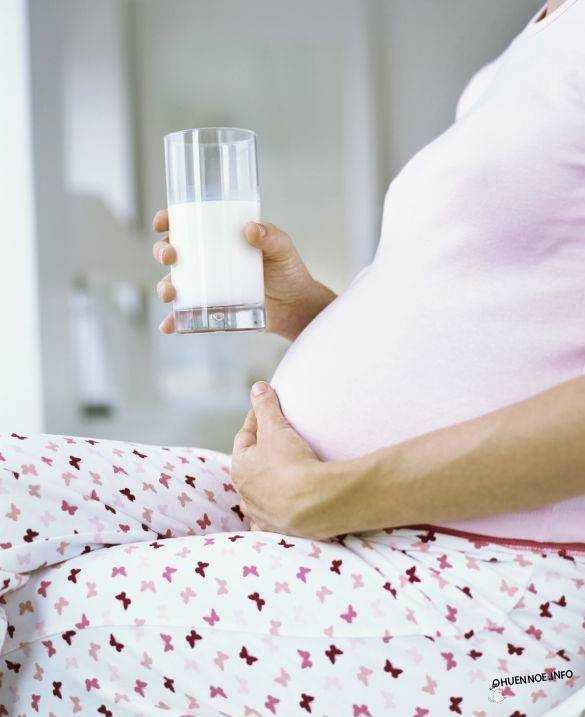 According to statistics, 30-50% of pregnant women suffer from heartburn, there is evidence that more than 80% of pregnant women complain of heartburn, especially in the third trimester 4 .
According to statistics, 30-50% of pregnant women suffer from heartburn, there is evidence that more than 80% of pregnant women complain of heartburn, especially in the third trimester 4 .
Causes of heartburn during pregnancy
Heartburn in pregnancy is a condition that is caused by the changes that occur to the female body during the period of gestation. All factors that can cause heartburn in women in an interesting position can be divided into physiological (natural) and pathological (disease-related).
Physiological heartburn of pregnant women can occur for two reasons:
- Hormonal - associated with a weakening of the tone of the lower esophageal sphincter. This is the name of the circular muscle between the stomach and the esophagus, which regulates the flow of food into the stomach and prevents its movement in the opposite direction. During pregnancy, the level of progesterone in the blood rises, which relaxes the uterine muscle, simultaneously acting on all other muscles of the body, including the esophageal sphincter.
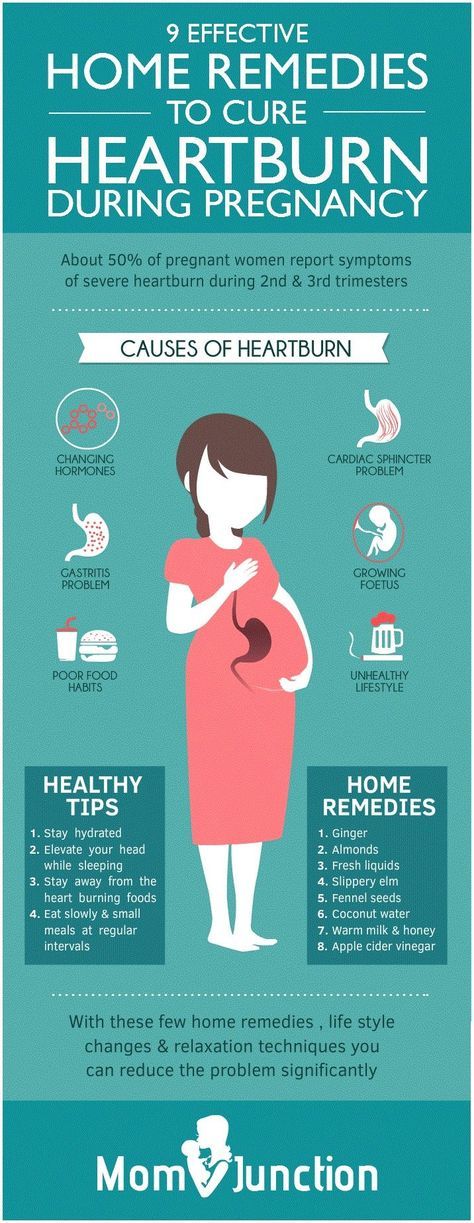 As a result, the sphincter does not close after eating, but remains open. Any change in body position or contraction of the stomach causes food reflux 4 . Heartburn also occurs if it is disturbed by the movement of food through the esophagus, for example, if the frequency of "reverse" contractions of the esophagus increases in the direction from the stomach to the esophagus 1 .
As a result, the sphincter does not close after eating, but remains open. Any change in body position or contraction of the stomach causes food reflux 4 . Heartburn also occurs if it is disturbed by the movement of food through the esophagus, for example, if the frequency of "reverse" contractions of the esophagus increases in the direction from the stomach to the esophagus 1 . - Physical - due to the increase in the size of the uterus, the location of the internal organs changes and intra-abdominal pressure increases, which is transmitted to the wall of the stomach and contributes to reflux 4 .
In connection with such changes in the gastrointestinal tract during pregnancy, all pathologies that cause heartburn can worsen.
Pathological causes of heartburn during pregnancy include the following:
- Gastroesophageal reflux disease (reflux esophagitis) is a pathology of the esophageal sphincter, which occurs more often with diaphragmatic hernia, when the natural curve between the esophagus and stomach disappears, preventing reverse reflux 4 .

- Other diseases of the gastrointestinal tract - gastritis, peptic ulcer of the stomach and duodenum, pancreatitis, diseases of the liver and biliary tract, inflammatory bowel disease 2 . With gastritis and ulcers, the acidity of the stomach increases, and pathologies of other digestive organs cause bloating, constipation, enlargement of the liver, which increases intra-abdominal pressure.
- Taking drugs that relax the lower esophageal sphincter - heart drugs, theophylline, anti-inflammatory drugs, progesterone, antidepressants 4 .
What to do about heartburn during pregnancy?
In the first two hours after eating, hydrochloric acid is produced in the stomach, which is needed for food processing. It is at this time that heartburn is more likely to torment, especially if a woman consumes fatty, fried and spicy foods 7 . Burning behind the sternum can last for several minutes or several hours. Heartburn may recur several times during the day. It is characterized by its strengthening in a horizontal position, with torso tilts, as well as when turning to the other side.
To reduce the severity of heartburn, you first need to adjust the diet and some habits. This helps to reduce the increased acidity of the stomach and prevent the reflux of food back into the esophagus.
Pregnant women should follow the following dietary recommendations 4 :
- Do not eat excessively high-calorie foods.
- Eliminate night snacks and especially overeating.
- Eat often and in small portions.
- Do not lie down immediately after eating, do not sleep in a strictly horizontal position, it is necessary to raise the head end of the bed.
- Walk for 30 minutes after eating.
- Eat dinner no later than 3-4 hours before going to bed.
- Do not lift weights, do not make strong and frequent torso bends, do not overstrain the abdominal muscles.
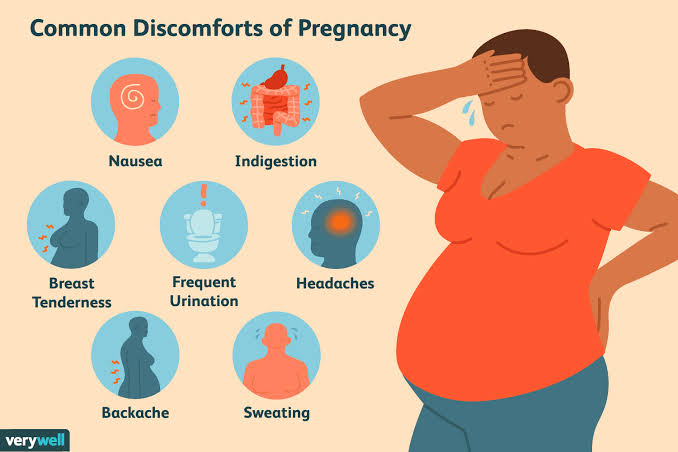
- Do not wear corsets, bandages, tight belts that increase intra-abdominal pressure.
From the diet for heartburn should be excluded 4 :
- Carbonated drinks (they increase pressure in the stomach and stimulate the formation of hydrochloric acid).
- Cream, whole milk, fatty meats, fatty fish, goose, pork (fatty foods take a long time to digest).
- Chocolate, cakes, pastries, spices (relaxes the lower esophageal sphincter).
- Citrus fruits, tomatoes, onions, garlic (irritate the mucous membrane of the esophagus).
For heartburn, pregnant women can eat the following foods 6 :
- wheat bread, dry biscuits, dry biscuits;
- baked pies with apples, boiled meat or fish;
- soups of meat, fish, vegetables;
- lean beef, poultry, fish;
- soft-boiled eggs and scrambled eggs;
- sugar, copper, butter cream;
- tea, cocoa, sweet fruit juices, jams, compotes.
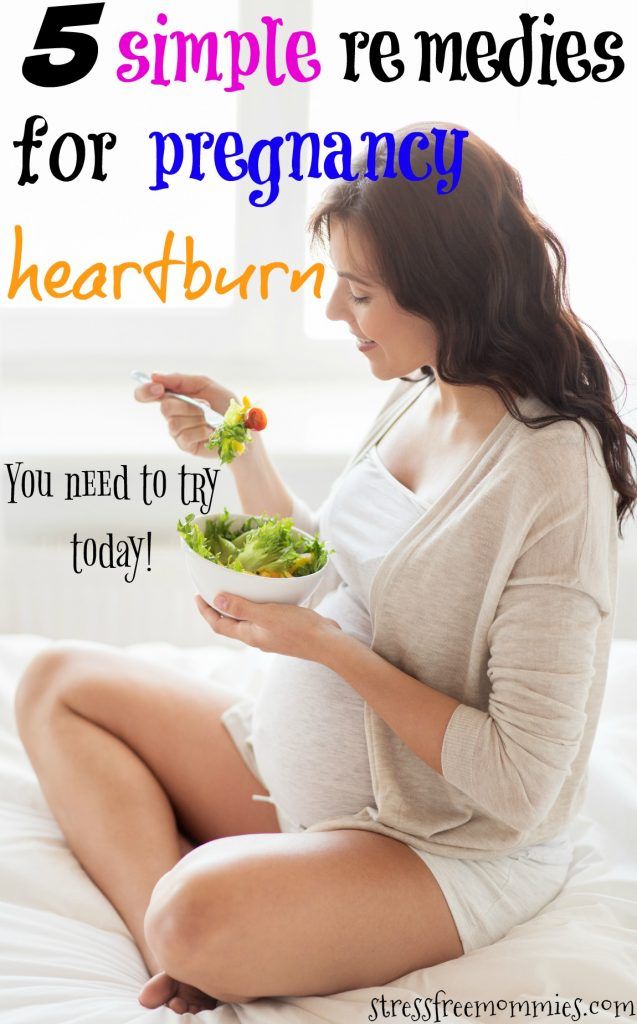
Pregnancy heartburn preparations
In 80% of pregnant women, heartburn disappears after childbirth, but severe heartburn during pregnancy, especially if it lasts for several weeks, may persist after the birth of a child 4 .
Often, proper nutrition and adherence to lifestyle recommendations do not always help get rid of heartburn. If heartburn is caused by any disease, adequate treatment of the underlying pathology with medications helps to eliminate unpleasant symptoms.
The use of folk and non-traditional ways to eliminate heartburn during pregnancy is also not effective enough and even potentially dangerous. Many of the herbs used during pregnancy can harm both the woman and her unborn baby 4 .
Therefore, it is advisable to discuss the choice of a drug with a doctor who will help you choose the right remedy for heartburn during pregnancy, paying attention from the standpoint of safety for the fetus and potential impact on the course of pregnancy 4
The results of epidemiological studies of Omez ® 10 mg in the treatment of heartburn in pregnant women show no clinically significant adverse effects on pregnancy and the health of the fetus or newborn 5 .





